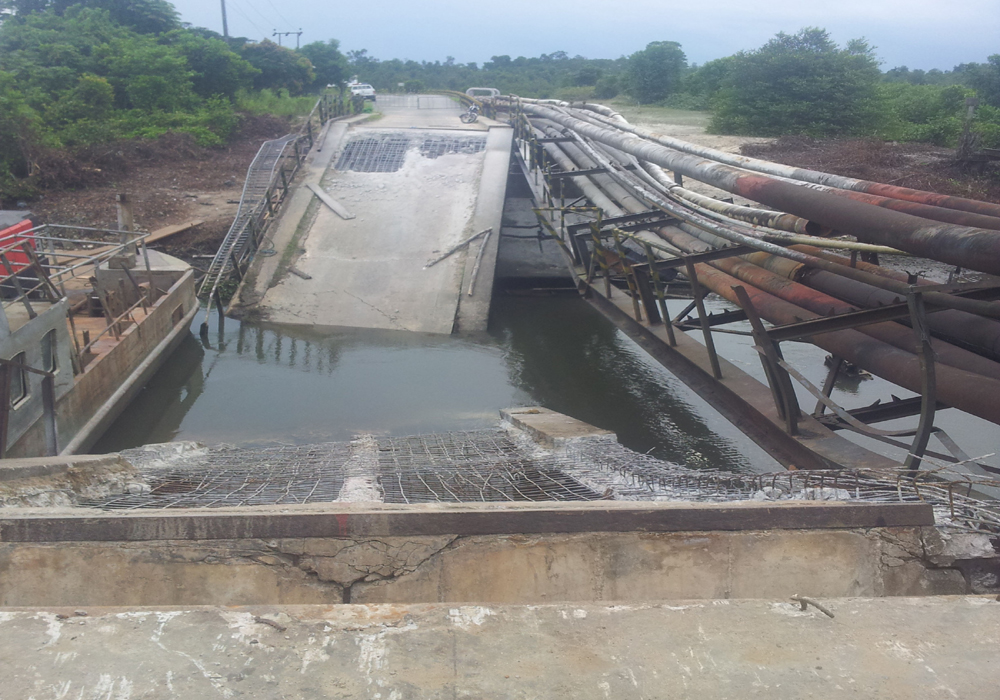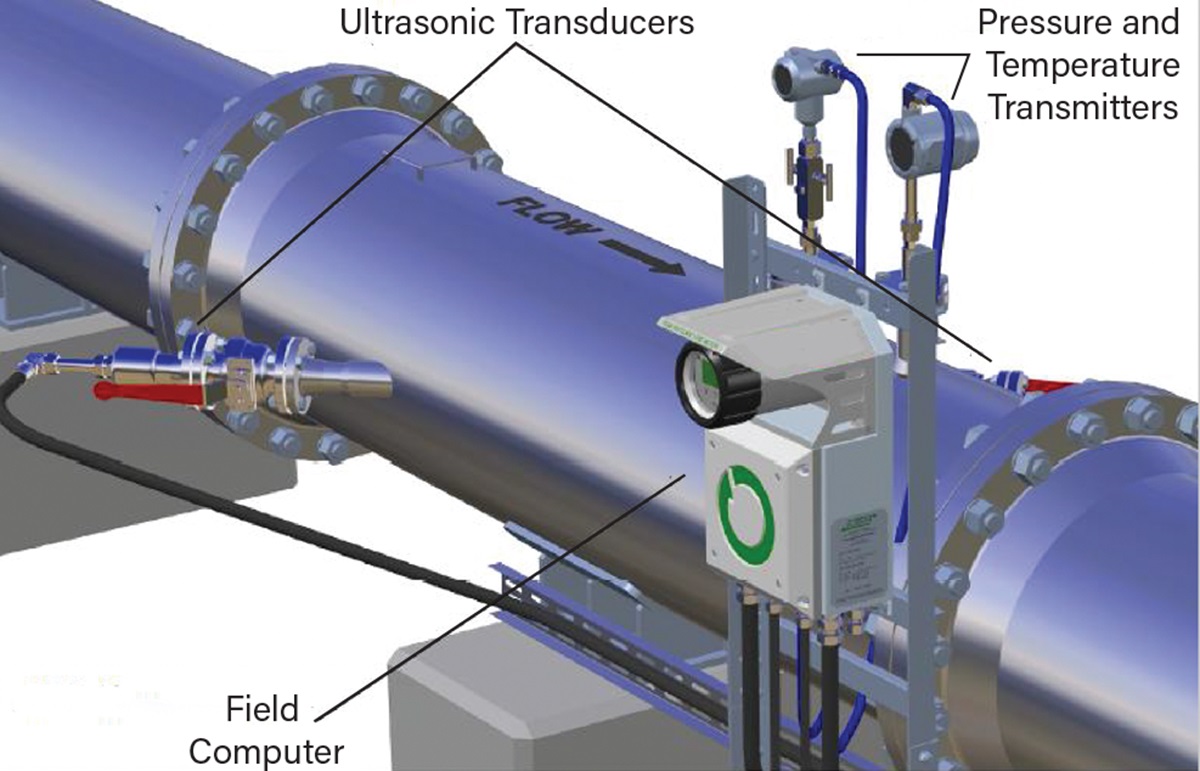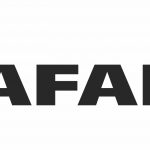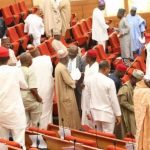Economy
Foundation Laments PIA’s Inability to Fix Gas Flaring

By Adedapo Adesanya
The Petroleum Industry Act (PIA) won’t solve the problem of gas flaring in the country, says the Health of Mother Earth Foundation (HOMEF), calling on oil companies to bear the brunt of the cost.
The Executive Director of the group, Mr Nnimmo Bassey, noted that the Act creates numerous provisions for operators to continue flaring gas unchecked, as it gives power to an agency to grant operators a permit to flare gas.
Mr Bassey lamented that such permits could easily be abused and turned into a license for unchecked and perpetual environmental and health damage to communities (as has been done previously).
“The Act also does not state the timeframe allowed for flaring in the case of facility start-up or for strategic operational reasons.
“While the PIA makes the flaring of gas illegal, it nonetheless creates a series of exemptions which ensures that the same gas flare regime continues literarily unchecked.
“The Act identifies instances where gas flaring may be permitted. These include (a) in the case of an emergency; (b) pursuant to an exemption granted by the commission or (c) as an acceptable safety practice under established regulations.
“It goes further to clarify that the authority or commission may grant a permit to a licensee or lessee to allow the flaring or venting of natural gas for a specific period – (a) where it is required for facility start-up; or (b) for strategic operational reasons, including testing.
“The section however does not provide an explanation of what ‘strategic operational reasons’ are beyond testing. It also does not state the timeframe allowed for flaring in the case of facility start-up or for strategic operational reasons. These provisions could be easily abused and turned into a license for unchecked and perpetual environmental and health damage to communities (as has been done previously),” the group said.
HOMEF maintained that to end gas flaring, offenders should be made to pay the full economic cost of the flared gas based on the prevalent market price of gas, as well as the related health and environmental costs.
The environmental rights organisation also said that the Act does not appear to consider Nigeria’s climate change pledges as contained in the nation’s Nationally Determined Contributions.
“The PIA does not place any definite flare-out date, presenting the impression that the practice will continue indefinitely to the detriment of host communities who continue to suffer the dangerous consequences.
“In our memo to the National Assembly, we had recommended the introduction of a clause which affirms the outlawing of gas flaring and requires that offenders pay the full economic cost of the flared gas based on the prevalent international market price of gas, as well as the related health and environmental costs.
“Additionally that the discretionary powers are given to the Commission to determine how much is paid as a penalty for gas flaring be removed and that the regulations should clearly peg the fines for violation as stated above.
“In line with current global realities including the established relationship between gas flaring and climate change, we had recommended that the PIB places a definite date to end gas flaring, and provide a framework to review each company milestone towards achieving the flare out target; as well as establish definite ‘non-fines’ sanctions for violations of milestones. Unfortunately, all these suggestions were jettisoned,” it stated.
Economy
Lafarge to Expand Sagamu, Ashaka Cement Plants to 5.5MT Per Annum
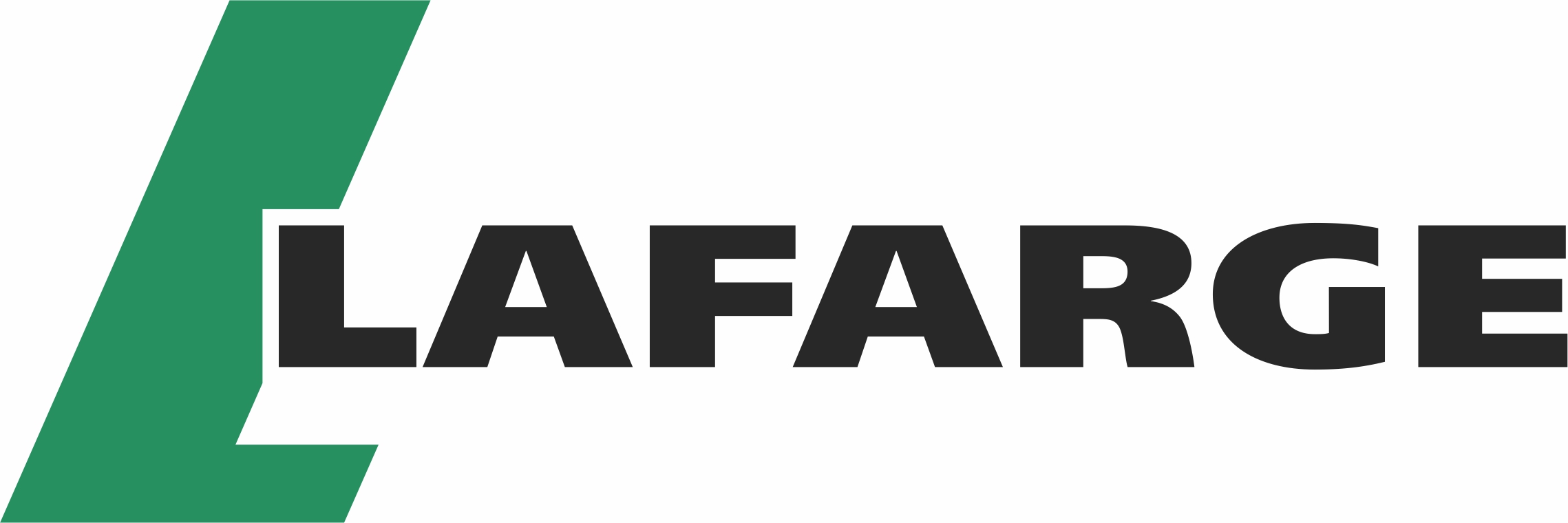
By Aduragbemi Omiyale
One of the leading cement firms, Lafarge Africa Plc, has confirmed plans to expand its plants in Gombe and Ogun States to about 5.5 million metric tonnes per annum.
In a notice to the Nigerian Exchange (NGX) on Wednesday, the company said it was strengthening local cement production with the expansion of its Sagamu Cement Plant in Ogun State and Ashaka Cement Plant in Gombe State.
It noted that the upon completion of the expansion projects, the production capacity of the Ashaka Cement in Gombe State would rise to 2 MT per annum, while the Sagamu facility would increase to 3.5 MT per annum.
The two new plants, the statement disclosed, would be dry plants with preheater kilns, vertical raw mills and roller presses for cement mills to make them energy efficient.
The disclosure signed by the company secretary, Adewunmi Alode, further revealed that the plants are expected to improve product availability and enhance Lafarge Africa’s ability to serve customers efficiently across key markets.
This expansion is coming after the announcement made last year that Huaxin Building Materials Group’s had acquired 83.81 per cent of Lafarge Africa and demonstrates their commitment to Nigeria’s infrastructural development.
The chief executive of Lafarge Africa, Mr Lolu Alade-Akinyemi, stated that the expansion projects reflect the company’s long-term confidence in Nigeria’s growth potential and are aimed at supporting Nigeria’s infrastructure and construction needs.
He explained that the project goes beyond capacity growth to deliver operational and sustainability benefits but also supports value creation for our customers and shareholders while contributing to economic activity and job creation across our host communities and the wider construction ecosystem.
“The expansion of our plants is a strategic investment that reinforces Lafarge Africa’s role in supporting national development. By increasing capacity at our flagship plants, we are strengthening our supply chain, improving our responsiveness to market demand, and positioning the business to better support critical sectors such as housing, commercial construction, and infrastructure.
“It enables us to integrate modern production technologies that enhance efficiency, reliability, and environmental performance, in line with our commitment to responsible operations,” Mr Alade-Akinyemi, stated.
Economy
Aradel Grows FY 2025 Profit by 55% on Higher Earnings Contribution

By Aduragbemi Omiyale
Improved tax efficiency and higher earnings contribution supported the 55 per cent growth in the post-tax profit of Aradel Holdings Plc in the 2025 fiscal year.
The financial statements of the energy firm showed that the profit after tax stood at N401.2 billion in the period under review compared with the N259.1 billion recorded in the 2024 accounting year.
Analysis of the results revealed that the company delivered strong top-line growth, with total revenue up by 20 per cent year-on-year to N697.3 billion from N581.2 billion, due to sustained momentum across all business segments.
It was observed that earnings from crude oil exports grew by 18 per cent to N440.1 billion from N373.7 billion, supported by higher production volumes and reliable evacuation through both the TNP and ACE system.
Also, crude sales rose to 4.1mmbbls from the 3.1mmbbls recorded in the previous fiscal year, accounting for 63 per cent of the total revenue despite decline in realised crude oil prices.
Further, refined products revenues increased by 18 per cent to N210.8 billion from N179.3 billion, representing 30 per cent of total revenue, driven by a 26 per cent rise in sales volume to 302.9 mmltrs versus 240.5 mmltrs in FY 2024, demonstrating the organisation’s expanding downstream footprint and strong market penetration.
In addition, gas revenues increased by 65 per cent to N46.4 billion from N28.2 billion, indicating 7 per cent of total revenue, buoyed by higher production volumes despite a decline in realised gas prices to $1.52/mscf compared to $1.66/mscf in FY 2024.
“Aradel delivered a strong and resilient performance in 2025, reflecting the quality of our asset base, disciplined execution, and the inherent resilience of our diversified energy portfolio.
“Despite operating in a dynamic environment, we achieved meaningful growth across our upstream, gas, and refining businesses,” the chief executive of Aradel Holdings, Mr Adegbite Falade, stated.
“During the year, we advanced our acquisition-led growth strategy with the completion of two landmark transactions: the acquisition of a 33.3 per cent effective equity interest (comprising 12.5 per cent directly by Aradel Energy; and 20.8 per cent indirectly through ND Western Limited) in Renaissance Africa Energy Company Limited, operator of the Renaissance Joint Venture (formerly known as the SPDC Joint Venture), and the purchase of an additional 40 per cent equity interest in ND Western Limited,” he added.
“The acquisition of the additional interest in ND Western Limited represents a significant milestone for the group. It is fully aligned with Aradel’s long-term strategy of disciplined portfolio consolidation, asset base expansion, and sustainable value creation, and it further strengthens our strategic position within Nigeria’s upstream oil and gas sector. The completion of the NDW transaction increases Aradel’s effective interest in ND Western Limited to 81.67 per cent and the Renaissance Africa Energy Company Limited to 53.33 per cent,” Mr Adegbite further stated.
“Looking ahead, our focus in 2026 is on consolidating our expanded portfolio to enhance operational scale, improve efficiency across our assets, increase production and further diversify our revenue base in support of long-term shareholder value,” he noted.
Economy
Tinubu Seeks World Bank Support to Boost Agriculture, Economic Reforms

By Adedapo Adesanya
President Bola Tinubu has called on the World Bank to support Nigeria’s ongoing economic reforms, with a focus on agriculture, youth employment, and private sector growth.
The president sought this assistance when he received a delegation from the World Bank led by Anna Bjerde, Managing Director of Operations, at the State House, Abuja on Tuesday, noting that the bank’s support will boost his administration’s strategy to strengthen the economy and expand opportunities for Nigerians.
“Since we went into this tunnel of reform, we have our hands on the power and we’re never going to look back. Initially, it was painful and difficult, but those who win are not the ones who give up in difficult times,” Mr Tinubu said.
The president highlighted the importance of mechanization and modernization of agriculture to increase productivity and create opportunities for Nigeria’s large young population.
“We have mechanization centers to help farmers with improved seedings and fertilizers to enhance their programs. The goal is to move farmers from small-scale holders to large cooperatives that can create opportunities for Nigerians,” he explained.
Mr Tinubu also pointed to the petrochemical sector and other domestic industries as areas where the government is working to improve outputs and strengthen local markets. He stressed that reforms are continuous and must be grounded in transparency, accountability, and stability.
“The first reaction to reforms was high inflation, but it has come down dramatically, and the Naira is now stable. We want to help investors operate with ease, reduce bureaucracy, and develop the skills of our people,” he said.
On her part, Ms Anna Bjerde commended the administration for its consistent and steady approach to reforms over the past two years. She highlighted that Nigeria has become a global example of reform implementation, giving confidence to investors and policymakers worldwide.
“The results achieved in the last two years are commendable. Your steady communication of the importance of reforms has given confidence and clarity, and there is no turning back,” Ms Bjerde said.
She emphasized the importance of job creation, particularly for Nigeria’s youth, noting that Africa’s young population is growing rapidly and that SMEs are central to employment generation.
“Agriculture is a huge part of the economy and a major employer. Innovations in mechanization, cooperatives, value-chain development, and infrastructure can be scaled to create more opportunities,” Ms Bjerde said.
She also highlighted the World Bank’s financial support for Nigeria, including public sector financing of $17 billion, private sector support of $5 billion through the International Finance Corporation (IFC), and investment guarantees exceeding $500 million. These instruments are aligned with Nigeria’s reforms, including trade, digital initiatives, and inflation management, to stimulate private sector growth and human development.
“We want to work with Nigeria to accelerate growth, improve access to finance for SMEs, and support early childhood development as part of a comprehensive human development strategy,” she added.
-

 Feature/OPED6 years ago
Feature/OPED6 years agoDavos was Different this year
-
Travel/Tourism9 years ago
Lagos Seals Western Lodge Hotel In Ikorodu
-

 Showbiz3 years ago
Showbiz3 years agoEstranged Lover Releases Videos of Empress Njamah Bathing
-

 Banking8 years ago
Banking8 years agoSort Codes of GTBank Branches in Nigeria
-

 Economy3 years ago
Economy3 years agoSubsidy Removal: CNG at N130 Per Litre Cheaper Than Petrol—IPMAN
-

 Banking3 years ago
Banking3 years agoSort Codes of UBA Branches in Nigeria
-

 Banking3 years ago
Banking3 years agoFirst Bank Announces Planned Downtime
-

 Sports3 years ago
Sports3 years agoHighest Paid Nigerian Footballer – How Much Do Nigerian Footballers Earn







